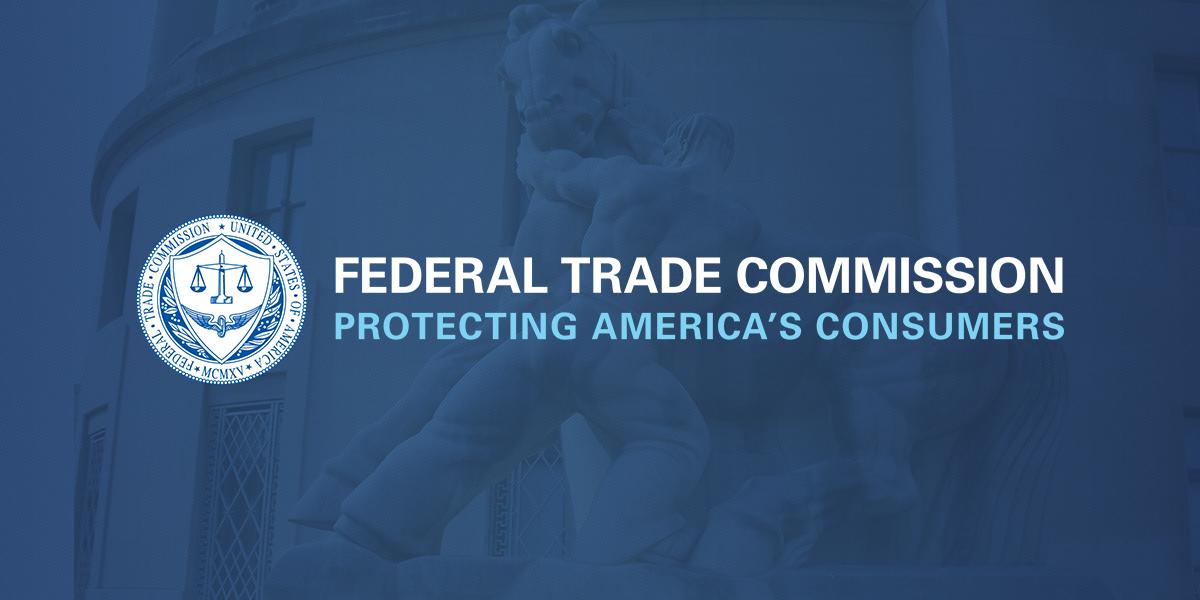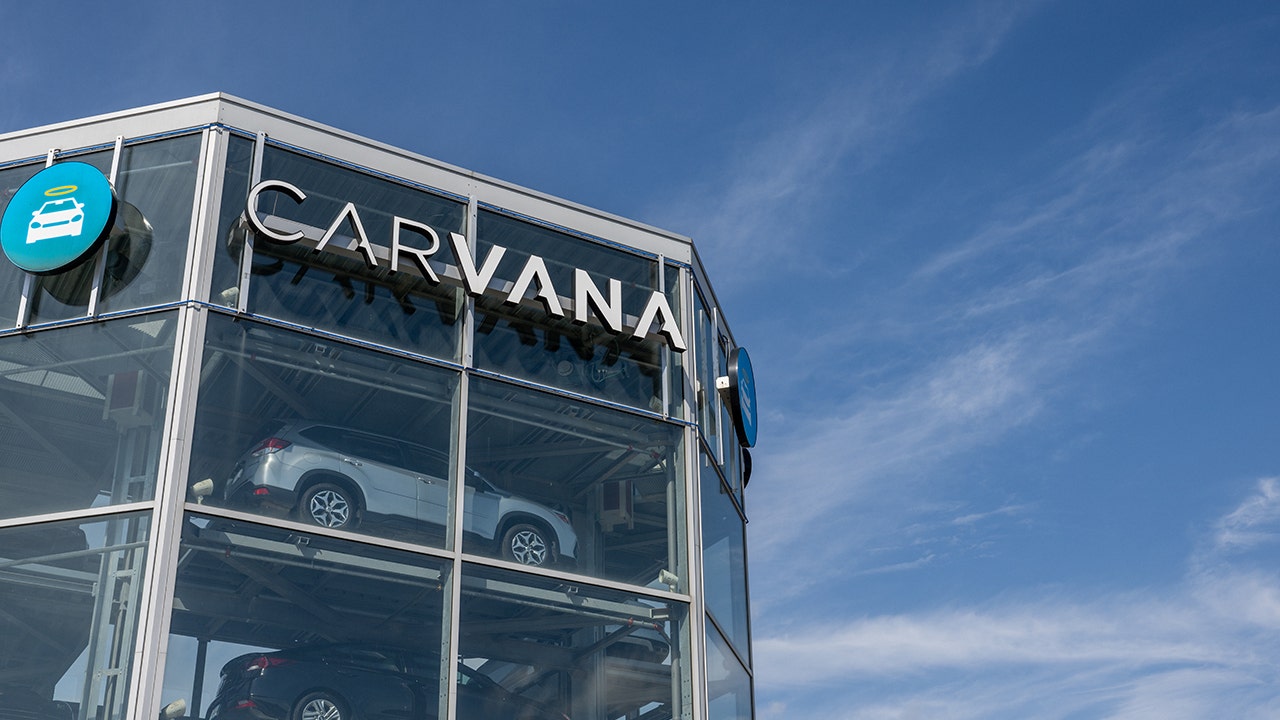The Federal Trade Commission (FTC) has been on a tear recently, going after car dealerships (many of whom are owned by groups) for charging customers bogus fees. The latest is Passport Automotive Group, which has many dealerships in the DC beltway region. Unfortunately, all the FTC does is require them to pay some money back to affected customers. There are rarely punitive fines against the companies, which might discourage future bad behavior. Passport was also charged with "deceptive advertising charges" in 2018 (they mass mailed fake recall notices to customers in an attempt to increase business for their service departments):

 www.ftc.gov
www.ftc.gov
Here's the current press release:
The Federal Trade Commission is taking action against auto dealer Passport Automotive Group for deceiving consumers by tacking hundreds to thousands of dollars in illegal junk fees onto car prices and for discriminating against Black and Latino consumers with higher financing costs and fees. Passport, its president, Everett Hellmuth, and its vice president, Jay Klein, will pay more than $3.3 million to settle the FTC’s lawsuit, which will be used to refund consumers harmed by Passport’s conduct.
“With this action against Passport and its top executives, the Commission is continuing its crackdown on junk fees and discriminatory practices that harm Black and Latino consumers,” said Samuel Levine, Director of the FTC’s Bureau of Consumer Protection. “As families struggle with rising prices, companies that think they can hit consumers with hidden fees should think again.”
Passport, based in Maryland, owns car dealerships around the Washington, D.C., metropolitan area. In 2018, the FTC brought action against Passport, its president, and vice president, alleging the company mailed more than 21,000 fake “urgent recall” notices to consumers in 2015 and 2017, to lure them to visit dealerships.
In its complaint announced today, the FTC alleges that Passport regularly advertises certified, reconditioned, or inspected cars at specific prices, but then adds extra certification, reconditioning, or inspection fees that it falsely claims consumers are required to pay. The FTC also alleges that Passport charges Black and Latino consumers hundreds of dollars more in financing costs and fees, on average, than white consumers. In its complaint against Passport, the FTC alleges that the company has for years violated the FTC Act and the Equal Credit Opportunity Act by:
The Commission vote authorizing the staff to file the complaint and stipulated final order was 4-1. Then-Commissioner Noah Joshua Phillips voted no on the motion to authorize staff to file the complaint and stipulated final order before he left the Commission. Chair Lina M. Khan, Commissioner Rebecca Kelly Slaughter, and Commissioner Alvaro M. Bedoya issued a majority statement. Commissioner Christine S. Wilson issued a statement. Commissioner Phillips issued a dissenting statement. The complaint and stipulated final order were filed in the U.S. District Court for the District of Maryland.

 www.ftc.gov
www.ftc.gov

Washington, DC-Area Car Dealerships, Marketing Firm Settle Deceptive Advertising Charges
A group of car dealerships and their president and vice president have settled Federal Trade Commission allegations that they mailed more than 21,000 fake “urgent recall” notices to con
Here's the current press release:
The Federal Trade Commission is taking action against auto dealer Passport Automotive Group for deceiving consumers by tacking hundreds to thousands of dollars in illegal junk fees onto car prices and for discriminating against Black and Latino consumers with higher financing costs and fees. Passport, its president, Everett Hellmuth, and its vice president, Jay Klein, will pay more than $3.3 million to settle the FTC’s lawsuit, which will be used to refund consumers harmed by Passport’s conduct.
“With this action against Passport and its top executives, the Commission is continuing its crackdown on junk fees and discriminatory practices that harm Black and Latino consumers,” said Samuel Levine, Director of the FTC’s Bureau of Consumer Protection. “As families struggle with rising prices, companies that think they can hit consumers with hidden fees should think again.”
Passport, based in Maryland, owns car dealerships around the Washington, D.C., metropolitan area. In 2018, the FTC brought action against Passport, its president, and vice president, alleging the company mailed more than 21,000 fake “urgent recall” notices to consumers in 2015 and 2017, to lure them to visit dealerships.
In its complaint announced today, the FTC alleges that Passport regularly advertises certified, reconditioned, or inspected cars at specific prices, but then adds extra certification, reconditioning, or inspection fees that it falsely claims consumers are required to pay. The FTC also alleges that Passport charges Black and Latino consumers hundreds of dollars more in financing costs and fees, on average, than white consumers. In its complaint against Passport, the FTC alleges that the company has for years violated the FTC Act and the Equal Credit Opportunity Act by:
- Charging illegal junk fees: Passport advertises cars as “certified,” “inspected,” or “reconditioned” at specific prices, but the FTC alleges that when customers try to pay the amount advertised for those vehicles, Passport adds hundreds or thousands of dollars in fees. These fees either increase the price over what was advertised or negate any discounts the consumers negotiated. The complaint cites one case in which a vehicle advertised for $24,050 was in fact sold for $26,440 due to illegal add-on fees. Passport frequently describes the extra fees it charges to customers for inspection, reconditioning, or certification as required when in many instances, auto manufacturers specifically prohibit dealers from charging separately for certification costs.
- Discriminating against Black and Latino customers: The complaint alleges that Passport regularly charges Black and Latino customers more in financing costs and fees than they charge non-Latino white customers. Although Passport claimed that it had a policy to prevent discrimination, the complaint alleges that Passport did not even enforce or monitor the policy.
Enforcement Action
Passport, its president, and its vice president have agreed to a proposed federal court order that would:- Prohibit them from charging different groups different markups: The order would require Passport to establish a fair lending program to ensure it does not discriminate going forward, including a provision that will require each Passport dealership location to either charge no financing markup or charge the same markup rate to all consumers.
- Prohibit them from deceiving consumers about prices and fees: The order would prohibit Passport from misrepresenting the cost or terms to buy, lease, or finance a car, or whether a fee or charge is optional. It would also require them to only charge consumers fees with their express, informed consent.
- Require them to pay money to refund consumers: The order would require Passport to pay the FTC $3.38 million to refund consumers harmed by Passport’s unlawful actions.
The Commission vote authorizing the staff to file the complaint and stipulated final order was 4-1. Then-Commissioner Noah Joshua Phillips voted no on the motion to authorize staff to file the complaint and stipulated final order before he left the Commission. Chair Lina M. Khan, Commissioner Rebecca Kelly Slaughter, and Commissioner Alvaro M. Bedoya issued a majority statement. Commissioner Christine S. Wilson issued a statement. Commissioner Phillips issued a dissenting statement. The complaint and stipulated final order were filed in the U.S. District Court for the District of Maryland.

Federal Trade Commission Takes Action Against Passport Automotive Group for Illegally Charging Junk Fees and Discriminating Against Black and Latino Customers
The Federal Trade Commission is taking action against auto dealer Passport Automotive

